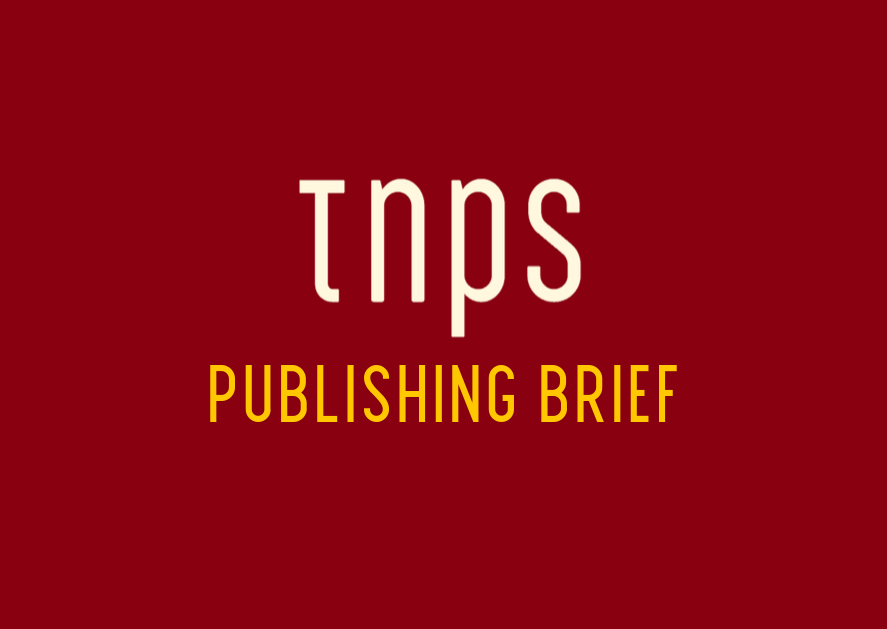“18 to 24-year-olds were found to be more likely to use non-Amazon retailers compared to older ages, particularly Spotify.”
The latest Nielsen survey has, full disclosure, not made its way to my inbox, so I can’t say if it’s Nielsen itself or The Bookseller‘s reportage that lined up the above-quoted assertion that UK 18-24 year-olds prefer to buy their audiobooks from Spotify over Amazon’s platforms.
The problem of course being that Spotify only launched audiobooks in the US in September, and while we all know further English-speaking market launches are imminent, they haven’t happened yet.
That said, the latest Nielsen BookData survey, of 2,000 adults aged 18–84 does offer some invaluable insights into how the UK audiobook market is maturing.
After seven years of seemingly unstoppable growth, growth is slowing – leaving the big questions why, and can this trend be reversed?
Per Nielsen per The Bookseller, 27 million units valued at £182 million ($215 million) is the expected final tally for 2022. What’s interesting here is that that compares with, per The Bookseller, fewer units – 26 million – selling for more (£184 million) in 2021.
Unsurprisingly, consumers overall anticipate spending less as the economic downturn continues.
Nielsen report author Jaclyn Swope makes the important point that a perhaps bigger factor in the 2022 survey results is simply that lockdowns have finished, and it was this that had driven the 2020-21 upsurge in audiobook downloads, implying the New Normal may be slightly higher unit consumption but less cash changing hands.
That is possibly borne out by the report’s noting that new consumers are coming to the format (42% in the past 12 months), and overall 41% are listening more, while only 13% are spending less time with audiobooks.
Checkout Lauren Brown’s full report for The Bookseller for a full range of insights and draw your own conclusions.
Here just to single out two areas of special interest from the Nielsen survey that are reported in, but have not been picked up on for further commentary by, The Bookseller .
Multi-tasking is of course one of the biggest attractions where audiobooks are concerned. Mowing the lawn, doing the dishes or driving the car tend not to be compatible with holding a book, tablet or ereader in one’s hand, so no surprise that audiobook share of total “reading time” is high.
Per The Bookseller, it is in fact on par with print in 2022, at 36%. That is to say 36% of reading time is pent with an audiobook and 36% with a print book, leaving ebooks trailing at 28%. That compares with the 2021 ratio of audiobooks : 37%, print : 36% and ebooks : 27%.
Wait, what? Ebook time increased at the expense of audiobooks while print time remained the same? Don’t tell Markus Dohle! The PRH CEO has been telling us since forever that only 20% of consumers go anywhere near ebooks and that will never change.
Which brings us to a) the remarkable feat of 18-24 year olds listening to Spotify audiobooks before they have been launched in the UK, and b) the loose use of the term “subscription”, such as to tell us nothing. That Spotify detail first:
Per the Bookseller,
…18 to 24-year-olds were found to be more likely to use non-Amazon retailers compared to older ages, particularly Spotify. Audible and Amazon are still the top retailers for all age groups.
Make what you will of that first sentence, in mind this is a survey about audiobook consumption not music consumption. And actually, make what you will of the second sentence too, because there’s a distinct lack of useful and meaningful information here.
We all know Amazon and its subsidiary platform Audible dominate the UK audiobook market. But where else, apart from the implausible Spotify sales, are UK consumers of all ages getting their audiobooks from?
Per the Bookseller, referencing the Nielsen data:
Audiobook consumers are increasingly likely to buy audiobooks on subscription, with nearly all of the heaviest buyers subscribing. Of all audiobook users in 2022, 45% were signed up to a subscription service. Of 224 “heavy digital audiobook subscribers”, 92% paid for audiobooks on subscription.
With respect, guys, that’s about as much use as a chocolate teapot at a picnic in Death Valley. Subscription? What does this magical word actually mean here?
We can reasonably assume it’s mostly about the Audible one credit per month subscription model – but there are unlimited subscription services available in the UK, alongside myriad a la carte platforms nibbling at the edges of the Amazon show, and of course Audible itself has its Audible Plus unlimited option.
At best we can say subscription means something different from a la carte, in that it is a regular commitment to pay a fixed amount, but even here the distinction blurs. If someone buys an audiobook a la carte every month exactly how is that different from the one-credit per month subscription Amazon offers other than that the consumer will likely pay less, not more, using the subscription option?
How many of those surveyed are using Audible Plus with its unlimited option? How many are buying (and in what volume) from those rarely mentioned platforms that somehow are keeping their heads above water despite being ignored by the industry media?
Audible and Amazon. if we exclude Spotify’s errant mention, are the only companies that are identified, per The Bookseller, and that really tells us nothing we didn’t already know.





